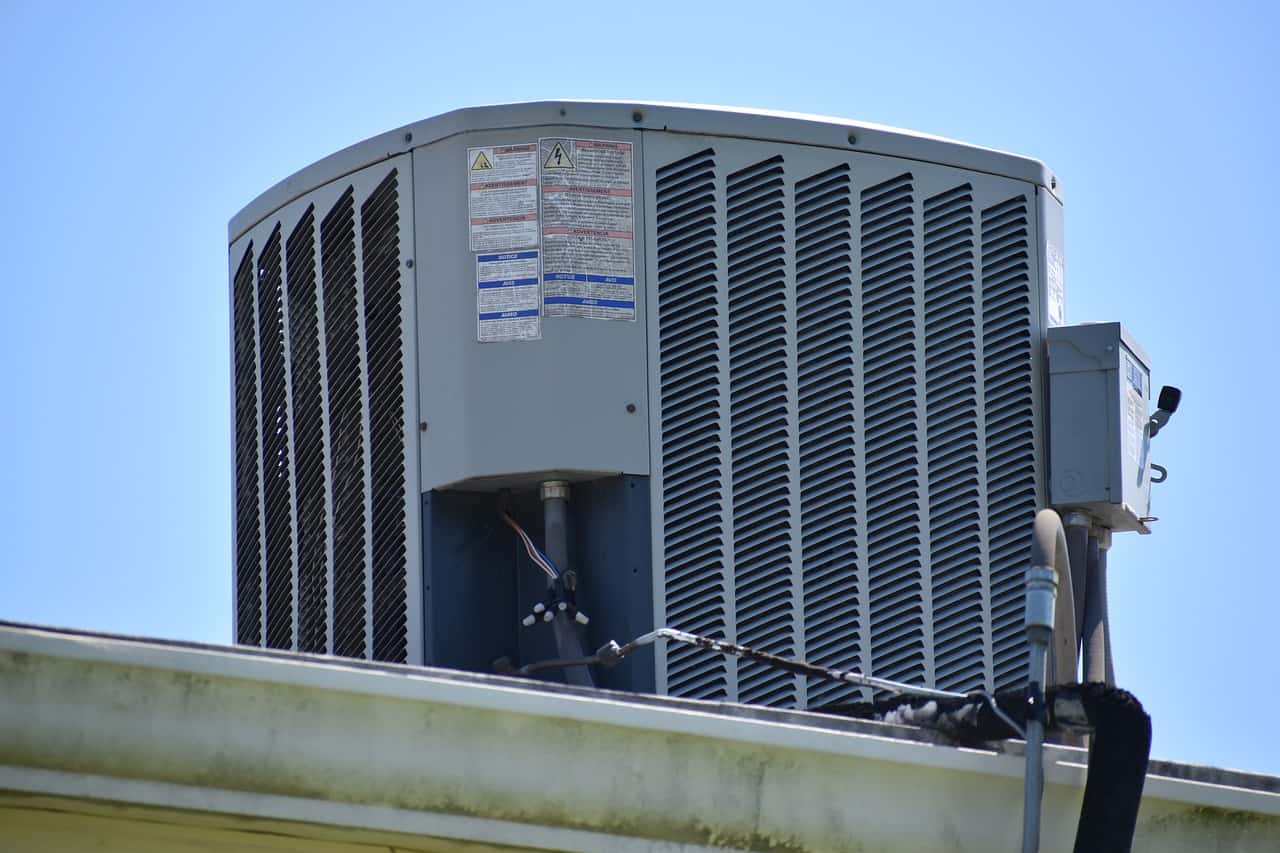The Ultimate Manual for Picking the Appropriate HVAC System

Selecting the best HVAC solution for your residence can feel daunting, particularly with numerous options and factors to keep in mind. Whether you're constructing a fresh home or enhancing your existing system, understanding the different types of HVAC solutions and their features is important to making an informed decision. This thorough guide will guide you through all you need to know, from energy efficiency to smart technology, ensuring that you find the perfect fit for your family's needs.
In parallel to selecting the right system, maintaining it is vital for maximum performance and longevity. We'll discuss effective tips for HVAC care and troubleshooting, as well as important signs that suggest when your system requires immediate attention. Whether you're seeking to enhance the quality of indoor air, lower energy bills, or ensure a pleasant environment all year round, this guide will equip you with the knowledge and tools required for a satisfying HVAC experience.
HVAC Unit Service
Regular upkeep of your HVAC equipment is essential for guaranteeing its performance and longevity. A well-maintained system can reduce you expenses on energy bills and reduce the chance of sudden breakdowns. Routine maintenance includes tasks such as inspecting and replacing air filters, cleaning ducts, and checking components for deterioration. Scheduling seasonal inspections with a qualified technician can help spot issues early on, allowing for timely repairs that stop more serious problems down the line.
Acquainting yourself with a seasonal maintenance checklist can streamline the maintenance process. This checklist should include cleaning the condenser coils, checking refrigerant levels, and evaluating the thermostat. Making sure that your system is free of debris and that all moving parts are oiled will enhance performance. you can try this out can also improve air quality in your home, crucial for a healthy home, especially for individuals with allergies.
To sum up, being diligent about HVAC maintenance adds to the overall effectiveness of your system. Not dealing with minor issues can lead to significant repairs, and an improperly maintained system may operate less effectively, causing higher energy costs. Understanding when to maintain your HVAC can create a dependable heating and cooling system, keeping your home cozy throughout the year.
Selecting the Best System
Selecting the right HVAC system for your home is vital for guaranteeing both comfort and effectiveness. Commence by evaluating your home's size, layout, and insulation quality, as these considerations will significantly influence the type and size of the system you need. For instance, a larger home may benefit from a central air conditioning system, while a limited space could be well served by a ductless HVAC system. Comprehending your space will lead you in identifying the most appropriate HVAC system that fulfills your demands.
Energy efficiency is yet another key aspect when choosing an HVAC system. Seek out systems with elevated SEER ratings, which demonstrate better energy efficiency and lower operating costs. Choices like heat pumps or ENERGY STAR rated systems can yield significant savings on utility bills over time. Additionally, think about how a programmable thermostat can further enhance the energy efficiency of your system by streamlining heating and cooling schedules.

In conclusion, don't dismiss the importance of consulting professionals when choosing your HVAC system. An skilled HVAC technician can offer insights based on your needs and navigate you through the selection process, aiding you steer clear of common pitfalls. They can also evaluate any specific challenges your home presents, such as humidity control or air quality needs, confirming that the system you select will provide maximum ease and effectiveness year-round.
Improving Indoor Air Standards
Inside air standards is vital for a healthy living space, and your HVAC setup plays a critical role in sustaining it. To enhance air standards, ensure that your HVAC system is equipped with superior air filters that can capture dust, allergens, and other contaminants. Regularly changing these filters can prevent the collection of noxious particles and ensure that clean air circulates throughout your living space. It is recommended to check and replace your air filters every one to 3 months based on demand and air quality factors.
Moreover, think about the effect of humidity on indoor air quality. Excessive humidity levels can lead to the development of mold and mildew, while low humidity can cause dry skin and respiratory issues. Many modern HVAC units come with humidifiers and dehumidifiers that help maintain optimal humidity levels, thus boosting air quality. Investing in a system that enables you to manage humidity can greatly enhance comfort and health in your living area.
A further effective way to enhance indoor air quality is to include airflow into your HVAC setup. Proper fresh air circulation helps to lessen inside pollutants and bring in clean outdoor air. You can achieve this with energy recovery ventilators that exchange stale indoor air for fresh air while minimizing energy loss. This combination of filtration, humidity control, and ventilation will ensure that your indoor space stays healthy and comfortable for you and your family.
